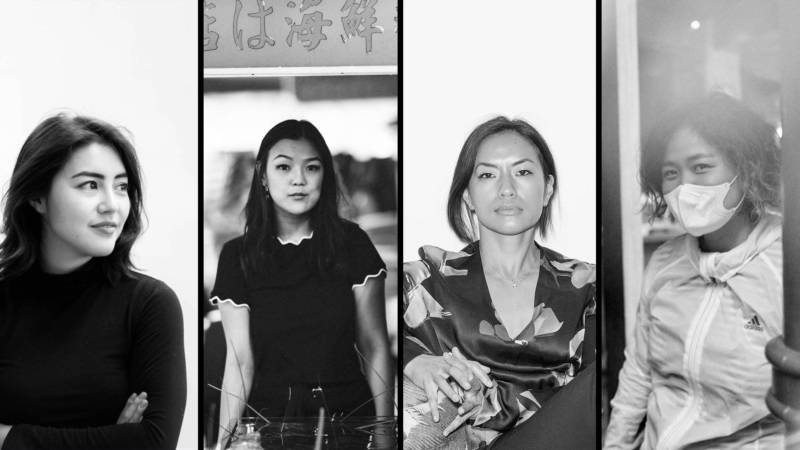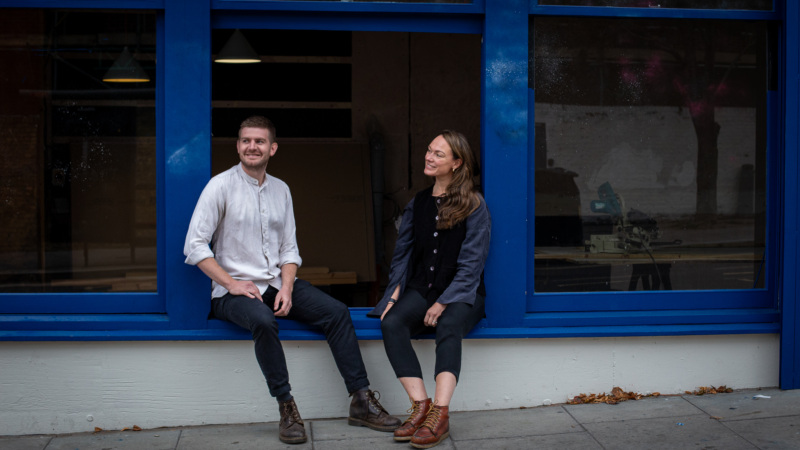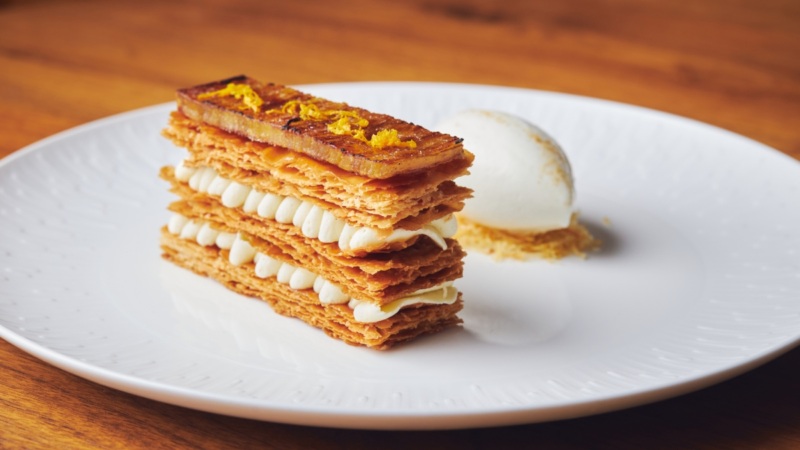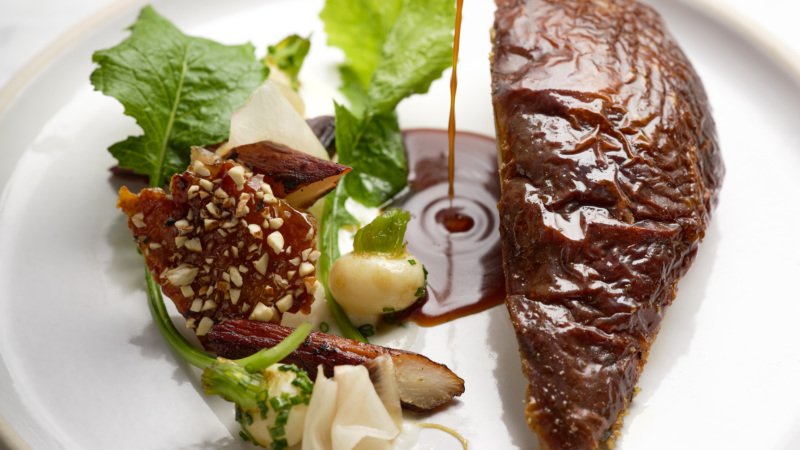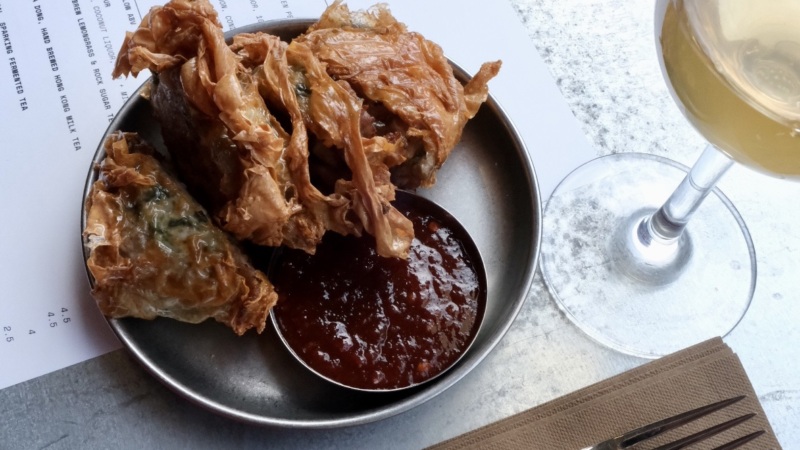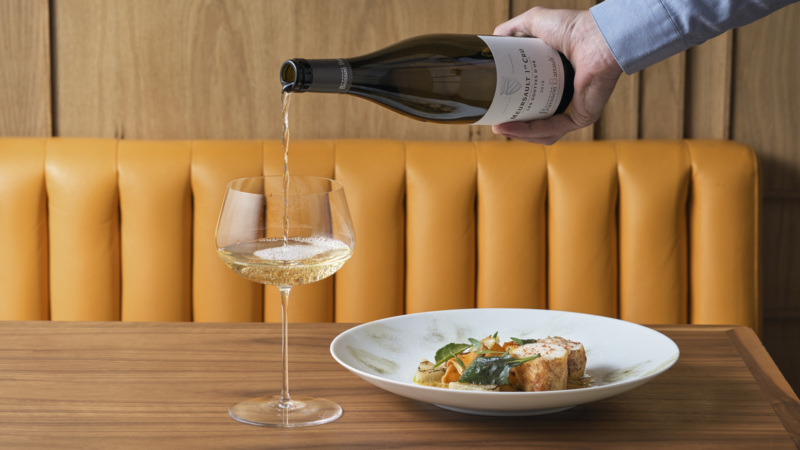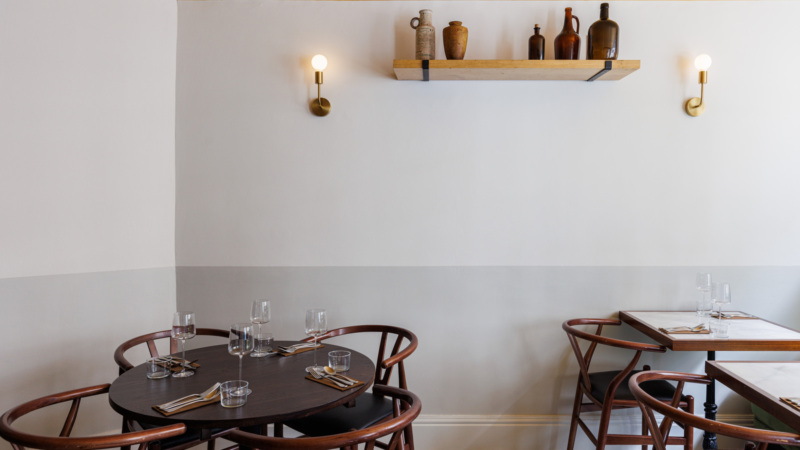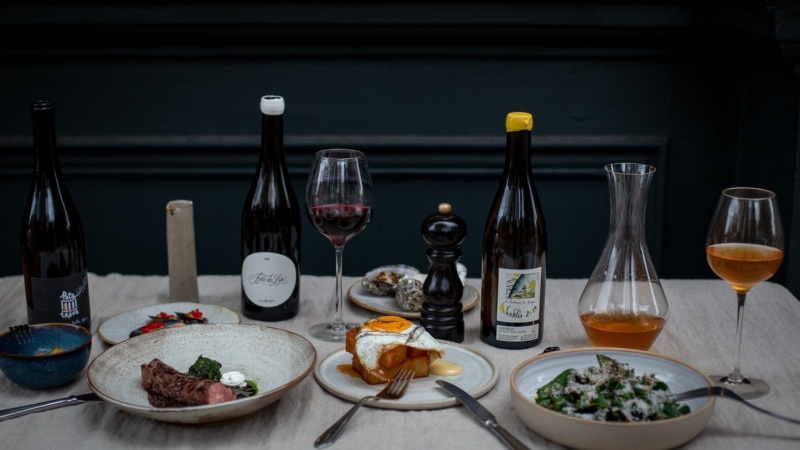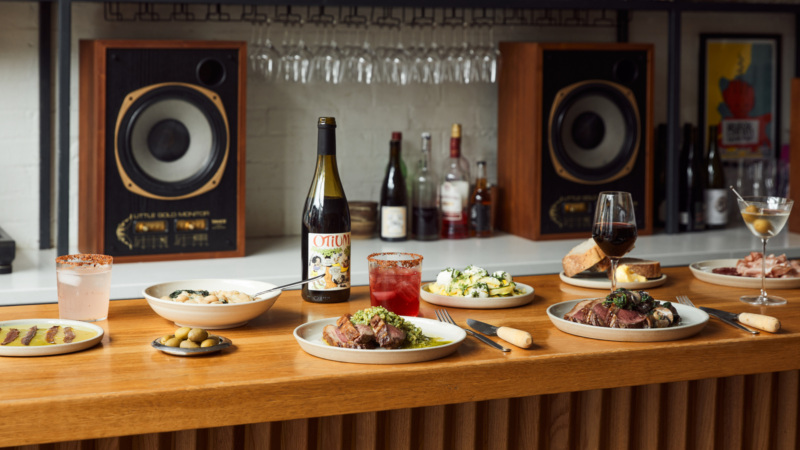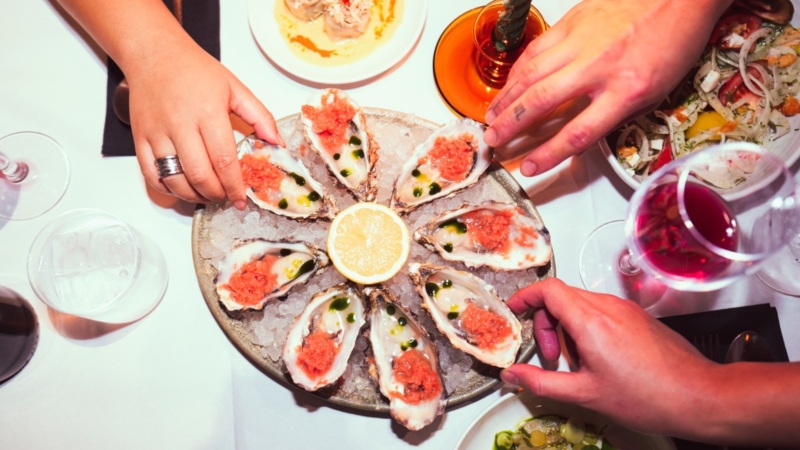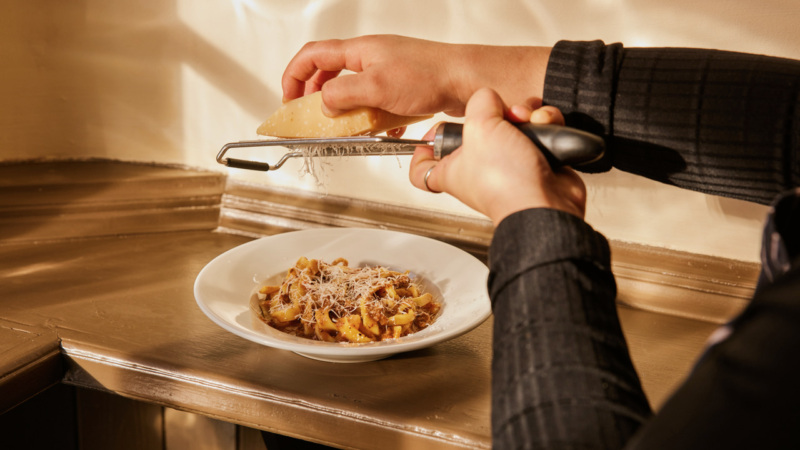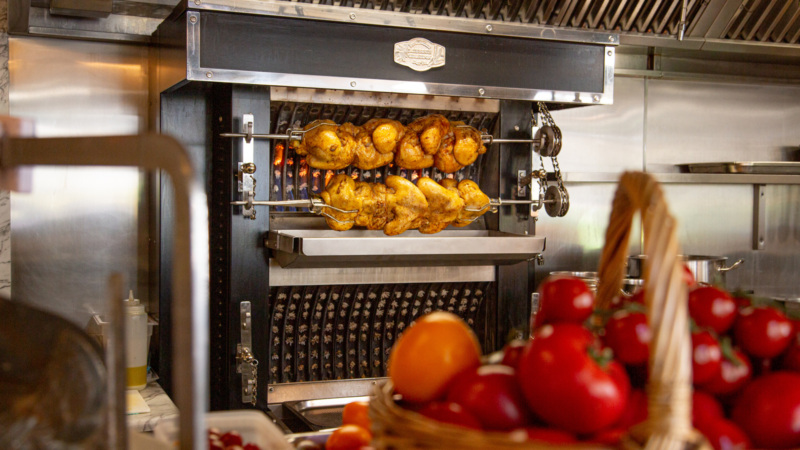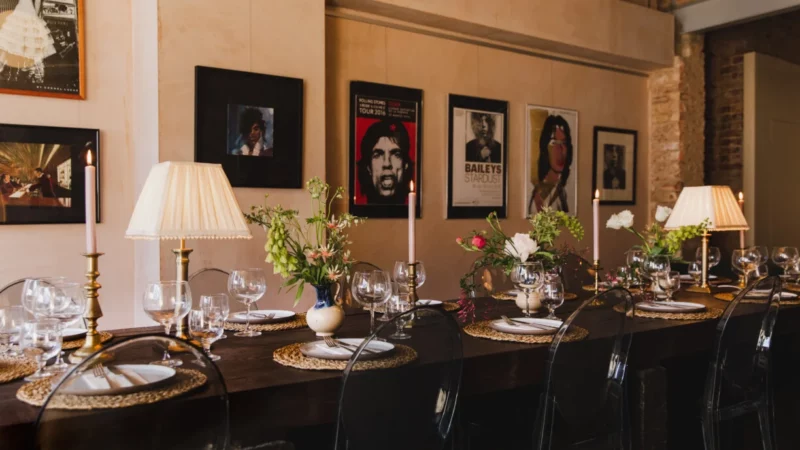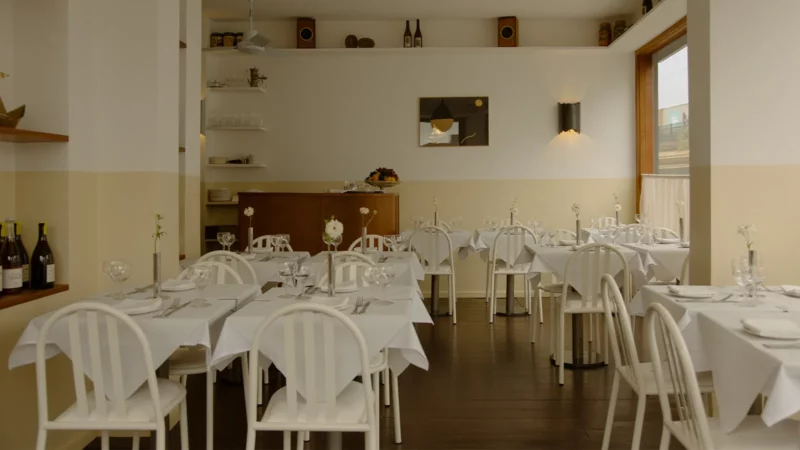
Elizabeth Haigh, Chef and Restaurant Owner
Food plays a huge part in building identity and creating belonging, as well as offering a space for migrant communities to build a business and earn a living. As the world has opened up and travel to the Global South becomes accessible, plenty have been inspired by food and culture of the countries they visit and seek to recreate that experience at home. Done respectfully, it can be a window into another culture; on the other hand, a lack of respect can easily lead to co-opting and appropriation.
This year has seen people responding to this, calling it out, engaging with the issues and working to address the balance – particularly on a systemic level. This can also be seen as a need to reclaim a narrative, or as a collective frustration; if you want to be there for the joy – the food, the flavour, the delight – you also need to be there for the full complexity of the culture. And right now, that means actively being anti-racist.
A highly respected figure in Britain’s hospitality industry, Elizabeth Haigh won acclaim for winning a Michelin star at Pidgin in 2016, and since then, has gone it alone to open Mei Mei, her own kopitiam in Borough Market. She shares her experiences of opening a Southeast Asian restaurant months before the pandemic, reconnecting with her Singaporean heritage through food, and finding a community amidst the past year’s hardships.
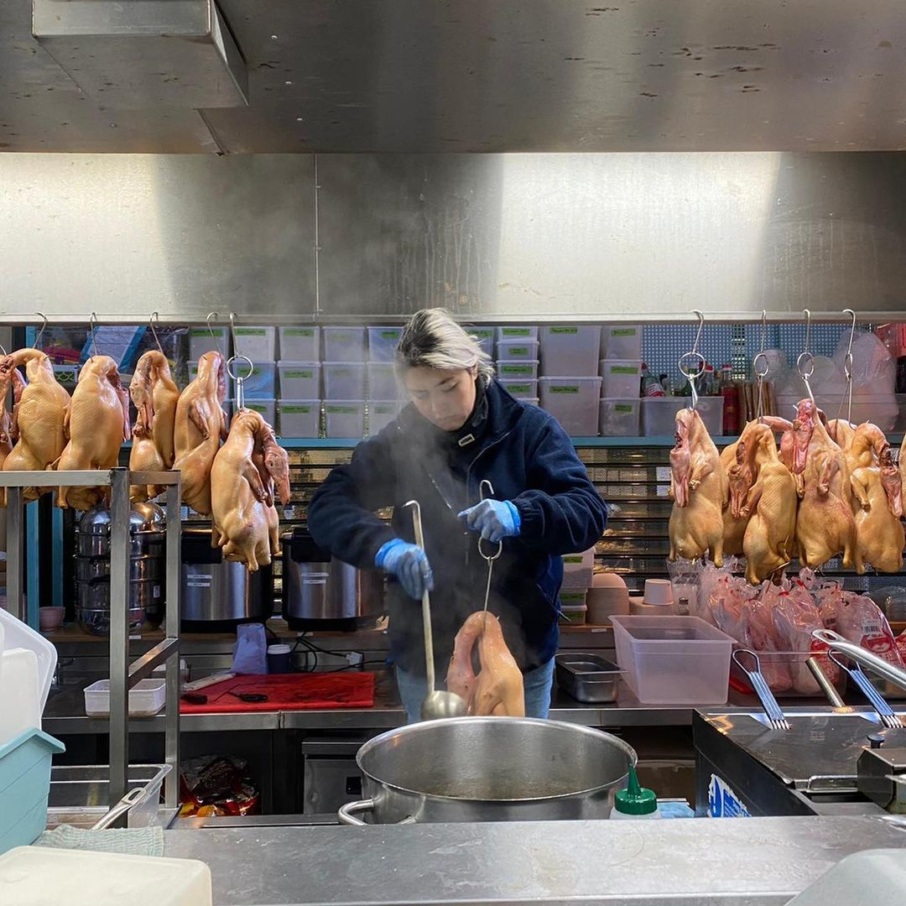
This year has obviously been hard for restaurants, and you have been open almost the whole time, due to being in a market and able to do takeaway – how have you navigated that pressure?
Mei Mei opened at the end of 2019, so just before the pandemic. I have felt the negative and the positive effects of opening an Asian restaurant during this time. But there has been a lot of support, tapping into an Asian (East and South East Asian) community. To be honest, how we have navigated it is to stay open – to stay relevant. We are a business, but we are also representing; that has been a real inspiration to stay open, to be representative.
Do you feel the pressure to be ‘authentic’?
There is a constant pressure, when I believe – how can anything be authentic? I am Singaporean born, I am British, I live in the UK, I run a Singaporean restaurant. I use English chickens, I don’t use kampung chickens – how can anything be authentic? At the same time, I do everything with respect, which is how I have approached the topic of authenticity. It is food from my heritage, and it has a story to tell and I am telling that story through the food.
I have worked in high-end restaurants, and Michelin-starred restaurants and this food – the food I cook at Mei Mei – is from my heart. I definitely feel more pressure to show respect to this cuisine and culture. And now, more than ever.
There have been some very traumatic experiences for the East and South East Asian community in the last year, and a lot of solidarity (as you have mentioned above), and you’ve leant your voice to a lot of conversations – do you feel a responsibility to do that?
Of course. I think that everyone has a voice, and should be using their voice whether they have a profile or not. I have definitely felt a lot more empowered by all these incredible women and people behind me, supporting ESEA women (and others). I really feel a part of this community, which I think I had a lack of connection with previously. Maybe it is because I dived away too much from my heritage, trying to fit into the UK by cooking modern European cuisines, becoming a French trained chef.
“For me, I have really felt that there has been a part of my identity that was lost, and focusing my career around Singaporean cuisine has changed that.”
For me, I have really felt that there has been a part of my identity that was lost, and focusing my career around Singaporean cuisine, writing the [Makan] cookbook – and just seeing all these incredible women coming together – has changed that.
What are your thoughts about the future?
I just feel I have got all these new people to tap into and to learn from, and this is such a wonderful thing. It can be anybody learning from and about South-East Asia – everyone can learn from it. That is why Mei Mei is so important to me and my family, because we are representing our heritage and we want to share that knowledge. There may be people who may not have the chance to go to Singapore or Malaysia and they can still experience this food.
It would be great if everyone could know what a kopitiam was! Or Hainanese chicken rice! A lot of the time we get people asking us about Singapore noodles or even Pad Thai or Indian food. It would mean a lot to me and my family that people learnt about our identity.
Anna Sulan Masing is a London-based writer and academic, and a co-founder of Sourced Journeys and Cheese Magazine. She is of South East Asian heritage and has written extensively about race, gender, and cultural appropriation in food. The women interviewed are people in her network and those who she has encountered through her work over the years. Follow her on Twitter and Instagram. Follow Resy, too.

